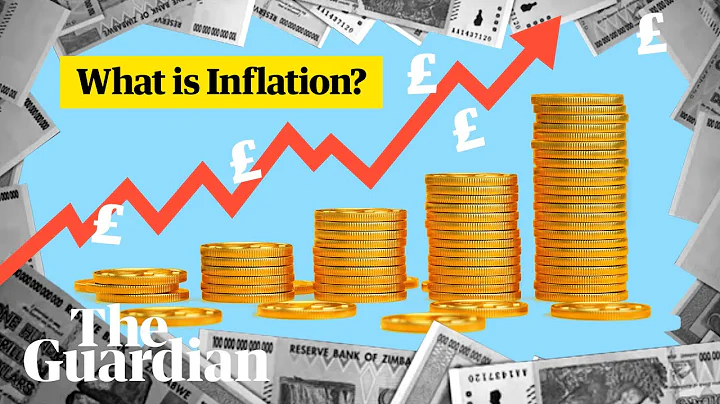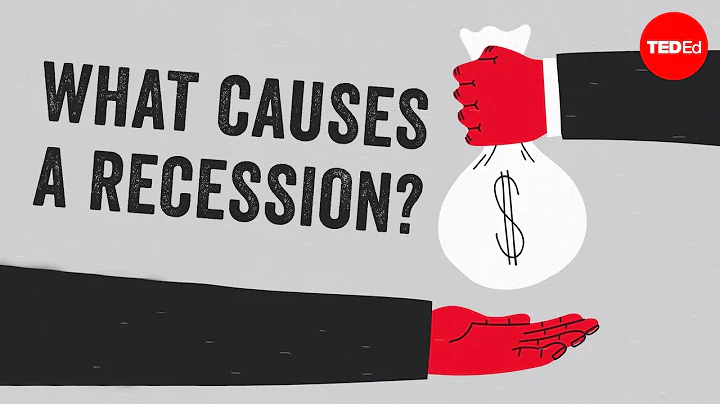The unsatisfactory performance of the U.S. stock market , continued soaring inflation, and rising interest rates have made Americans' views on the economy become more pessimistic. Everyone wants to know whether the U.S. economy is about to enter a recession? Foreign media pointed out that at least the U.S. economy has not fallen into recession so far, but there are signs of economic slowdown from commodities to the U.S. housing market.
A survey released by the University of Michigan showed that affected by rising inflation, the U.S. consumer confidence index fell to 50.2 in June, a record low. Consumers' long-term inflation expectations also hit a new high since 2008.
The U.S. Department of Labor announced that the Consumer Price Index (CPI) rose 8.6% annually in May, setting a new high since 1981.
In order to cool down the economy and demand, the Federal Reserve raised interest rates for three consecutive meetings. After raising interest rates by 50 basis points at the May meeting, it raised interest rates by 75 basis points at the June meeting. The market generally expects that if inflation remains high, the Federal Reserve is likely to raise interest rates by another 3 percentage points at its July meeting.
Recently Tesla CEO Musk bluntly stated that he has a "super bad feeling" about the economy and threatened to lay off 10% of his employees.
Foreign media reports, from copper prices, purchasing managers index , consumer confidence, gasoline prices to housing market performance, are all flashing signals that the U.S. economy is slowing down.

● Copper price: After falling more than 11% in two weeks, the price of July copper futures fell 20 cents or about 5.2% last Thursday to close at $3.739 per pound, continuing to hit a 16-month low. This is important for the copper price. This is undoubtedly bad news for investors who regard the global economy as a bellwether.
Daniel Ghali, head of commodities at TD Securities, said copper prices are just beginning to reflect the fact that global growth is slowing down. Morgan Stanley issued a report last week stating that with central banks of various countries putting curbing inflation as their top priority, and under China's strict zero-epidemic prevention policy, the global economic environment continues to deteriorate, which is not conducive to industry and basic metals.

● Purchasing Managers Index (PMI)
According to a survey report released by SP Global last week, U.S. business activity slowed "sharply" in June as high inflation and declining consumer confidence suppressed overall demand. The preliminary S&P Global U.S. composite PMI for June was 51.2, down from 53.6 in May and hitting a five-month low. The services PMI fell from 53.4 to 51.6, also a 5-month low, and the manufacturing PMI fell from 57 to 52.4, a 23-month low.
Chris Williamson, chief business economist at SP Global Market Intelligence, said that consumers are suffering from rising prices, so discretionary manufacturers are placing fewer orders. In addition, the Federal Reserve's aggressive interest rate hikes have further weakened industry confidence, which has now fallen to lows that usually herald an economic slowdown, raising the risk of an economic recession.

●Consumer confidence
A survey released by the University of Michigan last Friday showed that U.S. consumer confidence hit a record low in June. Compared with May, consumer confidence fell sharply by 14.4% in June, highlighting that the American people are increasingly aware of inflationary pressures. About 79% of respondents expect the business climate to be poor in the coming year, a record high since 2009.
Joanne Hsu, director of the Consumer Confidence Survey at the University of Michigan, said that as price increases become increasingly difficult to avoid, consumers may feel that they have no choice but to adjust their consumption patterns and may switch to alternative products or not buy them at all. The speed and intensity of changes in consumption patterns are critical to the trajectory of economic development.

● Gasoline prices
As the November midterm elections approach, the Biden administration has taken a number of measures to try to curb rising gasoline prices, including inviting senior energy company executives to discuss plans, proposing to suspend federal gasoline taxes, and proposing to impose levies on oil companies. windfall profit tax , and the restoration of the crude oil export ban, but the results seem to be limited.
Although U.S. gasoline prices are still at a high level, they have indeed fallen back recently. This is because people can no longer stand the peak of oil prices and have begun to reduce their driving demand.While slowing demand may bring temporary relief, it also means the overall economic situation may not be good.
Peter Boockvar, chief investment officer of Bleakley Advisory Group, recently said that he believes the possibility of the U.S. economy entering a recession this year is 99% because "nothing is 100%."

●The housing market has cooled.
House prices in the United States have soared in recent years and have exceeded the affordability of many Americans. In addition, the Federal Reserve's continued interest rate hikes and Treasury bond surges in yields have driven up mortgage interest rates and weakened the demand for home purchases. .
Fortunately, economists believe that the current housing market boom is indeed declining, but it should not affect the overall economy like the housing market bubble in 2008. Michael Sheldon, chief investment officer at RDM Financial Group, said banks are in a much better position now and will not provide loans to people with no credit or bad credit. If the economy declines, the impact on the housing market may be limited, as the imbalance is not as severe as before.





















